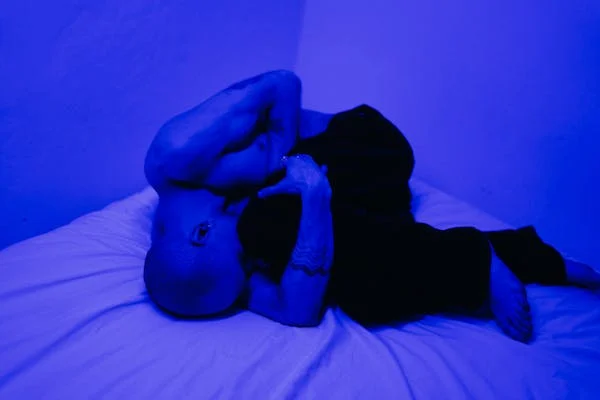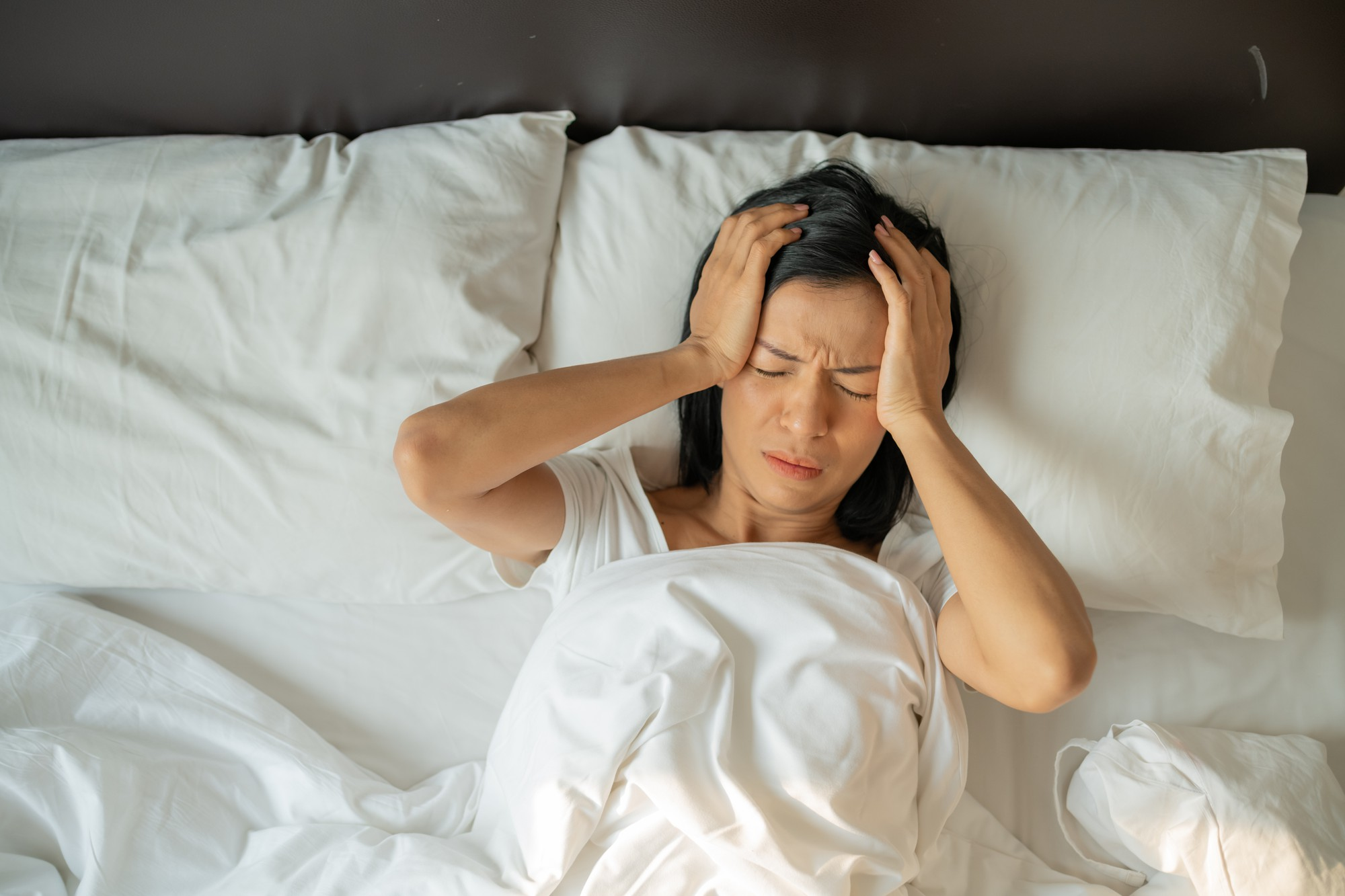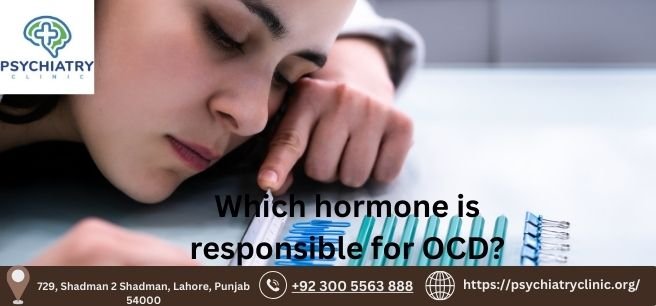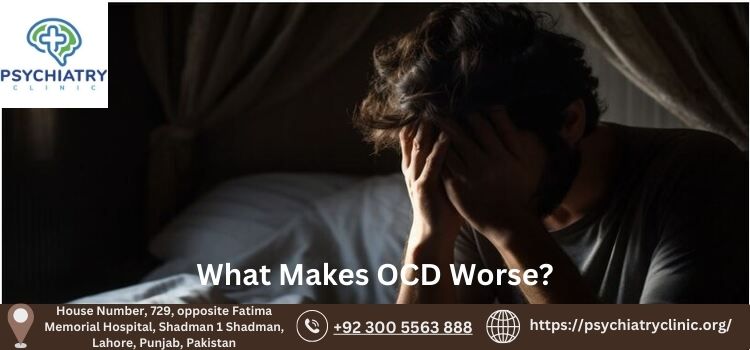Your Guide to Insomnia Treatment
Posted on Tagged how to get better sleep, insomnia, sleep disorder
Introduction
Over time, insomnia can affect your life in many ways. It may cause you to lose personal or professional relationships because of the lack of sleep and its effects on your ability to function at work or school. It can also affect your mood and self-image, causing anxieties that make you feel poorly about yourself. If you’re experiencing any of these symptoms, it’s important to find out what is causing them and how best to treat them. In this article, we’ll look at some common reasons for insomnia in adults, as well as how to treat it once diagnosed with one of those reasons.Primary insomnia
The most common type of insomnia occurs when a person has difficulty falling asleep or staying asleep throughout the night. This condition is called primary insomnia. Secondary insomnia: Another form of insomnia involves waking up frequently during the night and not being able to fall back asleep. This condition is known as secondary insomnia. Insomnia due to medical conditions: Several medical conditions can cause insomnia. These include thyroidWhat is a Normal Sleep Cycle?
The average person sleeps between six and eight hours a night. During sleep, the body goes through several stages: 1) Rapid Eye Movement (REM) – This stage occurs when the brain waves are most active and dreams occur. The REM phase lasts approximately 20 minutes, followed by a second period of deep relaxation called non-rapid eye movement (NREM). NREM sleep consists of four phases: 2) Light Sleep – This is the first stage of sleep where the eyes move rapidly back and forth but not as much as during REM sleep. Your heart rate slows down and breathing becomes more regular. You will be able to hear sounds better than usual. 3) Deep Sleep – As the name suggests, this is the deepest part of sleep. Breathing becomes slower and more regular. The heartbeat slows further and blood pressure drops. 4) Awake – When you wake up from this stage, you will feel refreshed and ready to start another day.How much sleep is required for a normal individual?
Sleep needs vary depending on age, gender, health status, lifestyle, and environmental conditions. However, the National Sleep Foundation recommends that adults between the ages of 18 and 64 years old should get seven hours of sleep each night. The amount of sleep needed varies throughout the year. During winter months, people generally require fewer hours of sleep than they do during summer months. This is due to seasonalThe first step is to figure out what’s keeping you awake at night.
If you’re having trouble sleeping, it’s important to know what’s keeping you awake at night. Sleep problem is a common issue that can affect your health and quality of life. It’s also important to know the cause of your insomnia so that you can treat it effectively. It is the first step when we discuss treatments for insomnia. Sleep history and sleep diaries can help you find the reason for chronic insomnia.There are many reasons why you may be experiencing insomnia.
It is important to understand that sleep disturbances can be caused by many different factors. Some of the most common reasons for chronic insomnia include:- Stress, depression, and anxiety
- Sleep apnea (shortening of breath while sleeping)
- Medication side effects
- Medical conditions such as heart disease or diabetes (the latter being more common in seniors)
- Excessive daytime sleepiness is also a cause of chronic insomnia. Note down your sleep pattern in sleep diaries. Insomnia in adults often leads to daytime sleepiness.
- Genetics: Some people may have a genetic predisposition toward sleep disorders such as restless leg syndrome or restless legs syndrome (RLS). This means they are more likely than others to experience these symptoms due to their genes being passed down through generations before they even developed them themselves
Management of Insomnia; Best Remedies
Limit caffeine, alcohol, and nicotine use.
Caffeine is a stimulant that has been found to disrupt sleep. It’s also known to worsen insomnia in some people, while other people find it helpful to get them more alert during the day. Caffeine can be found in coffee or tea (black or green), energy drinks like Red Bull or Monster Energy, some chocolate bars, and gummi bears—even some medications such as Excedrin PM® Extra Strength Pain Reliever with PMS (Dicyclomine Hydrochloride). Alcohol has similar effects on sleep as caffeine does; however, it also acts as a depressant which may make falling asleep harder for you if you have underlying depression or anxiety issues. Nicotine is an opioid drug that affects brain function by increasing dopamine levels in the brain at high doses but decreasing these levels at lower doses; this effect causes feelings of relaxation when used regularly but can lead to tolerance over time which makes quitting even more difficult than quitting any other addictive substance such as tobacco cigarettesTake a hot bath.
A hot bath can be an effective insomnia treatment. It’s relaxing and helps you sleep, which is why it’s a great choice for those with depression. If you’re suffering from muscle tension or pain, soaking in the tub can help relieve these symptoms as well. Additionally, taking a warm shower before bed will make it easier for you to fall asleep at night—allowing your body time to relax before going into deeper levels of relaxation during sleep (which we’ll discuss next).Write your worries down.
It’s easy to think that writing things down will help you forget about them, but the opposite is true—writing something down helps you process it and make sense of what’s bothering you. By writing all of your concerns in an organized way, they can be processed by a third party who can give them a more objective analysis than just feeling like “this isn’t fair” or “I hate myself.” You’ll have an easier time remembering details if they’re written down instead of just floating around in your head as vague ideas that might not even make sense at first glance! Effective strategy for chronic insomnia.Get out of bed and do something else.
One of the most important things to do when you are having trouble sleeping is to get out of bed and do something else. If you can’t sleep, then chances are that your mind is awake too. So try not to watch TV or read in bed, even if it feels like a good idea at the time! You may find yourself falling asleep again if you just lie there. We suggest going into another room (even if it is the bathroom), putting on some music or podcasts, doing some yoga poses while listening to calming sounds like ocean waves crashing against rocks…anything but lying there staring at your ceiling waiting for sleepiness to take over again! You should also avoid using your phone during this time as well because they emit blue light which can mess with melatonin production which makes it harder for us human beings here on Earth who live under its dome (or whatever) called nature…Give yourself some extra daylight exposure.
One of the best ways to treat insomnia is by getting some extra daylight exposure. This may sound counterintuitive, but it’s true. If you’re feeling sleepy during the day and can’t fall asleep at night, try taking a walk outside or going for a bike ride in the evening. You’ll be surprised by how much better you feel when you get up and out of bed! Avoid daytime sleepiness. Reduce the time in bed. If possible, limit caffeine use in general (coffee and chocolate), alcohol consumption (beer), nicotine supply (cigarettes), or all three simultaneously. These substances have been shown to affect sleep patterns—and we know how important good sleep is for maintaining health!Stop watching the clock.
The first step to treating insomnia is to stop worrying about the clock. This means that you need to stop trying to fall asleep; instead, focus on relaxing and getting comfortable. You may find that watching TV or reading a book helps you relax in the meantime. If your insomnia persists despite these steps, consider taking a break from your habits—your body doesn’t know what’s coming next if you don’t let it experience new stimuli regularly! For example, try going for a drive or walking outside instead of sitting still at home all day with nothing else happening around you (this might also help reduce stress).Start with easy changes that can result in a big impact.
The first step to solving insomnia is to make small changes that can have a big impact. For example, if you’re having trouble falling asleep at night, try taking steps to improve your sleep environment by getting rid of electronics and noise in your room. You can also write down what you want from your sleep schedule so that it becomes more automatic and easier for you to stick with throughout the day. This will help prevent any negative thoughts or feelings about not being able to fall asleep when they should be going off into dreamland (which is important). If these tips don’t work out well enough, for now, don’t worry—there are many other things we’ve learned over the years about how our bodies function during sleep as well as ways we can help each other get better quality rest!Exercise regularly and stay consistent.
With the right type of exercise, you can help yourself sleep better. You don’t need to go all out; just find something that works well for your body and schedule it into your daily routine.- Aerobic activity: This type of exercise burns energy, which makes it perfect for helping you fall asleep at night. If this sounds like a challenge for anyone who experiences insomnia, consider doing some light aerobic activities during the day (like walking) instead of heading straight for yoga pants after work each evening!
- Strength training: Strength training also gives people more energy during the day when they’re feeling tired or stressed out—and just like aerobics gear up muscles so they’ll burn calories more efficiently throughout the day in general; so does strength training gear up muscles eventually lead them up being able to fall asleep easier if necessary!
Stick to a schedule.
- Stick to a schedule.
- Get into a regular sleep schedule.
- Don’t read or watch TV in bed; this can keep you from falling asleep easily and disrupts your sleep cycle (and will certainly keep you awake longer than necessary).
- Eat before 10 p.m., then don’t eat anything else until 8 hours later when it’s time for dinner; this helps minimize hunger while avoiding late-night snacking that could keep you up all night long!
Calm your mind to sleep better at night.
- Relaxation techniques
- Meditation
- Yoga (this can be done in the morning or evening)
- Breathing techniques (breathe in through the nose and breathe out through your mouth)
- Visualization exercises that help you focus on a specific goal, such as going to sleep or waking up without an alarm clock
Make relaxation part of your everyday routine.
Relaxation is an important part of a good night’s sleep. It can be achieved with meditation, yoga, or other relaxation techniques. The goal of any relaxation technique is to relieve stress and anxiety so that you fall asleep more quickly and deeply. Some common examples include:- Meditation – Sit quietly in a comfortable position with your eyes closed; focus on your breath as it moves through your body and relaxes muscles throughout the body (for example: inhale through the nose; exhale through the mouth). This type of meditation has been shown to improve sleep quality by reducing stress levels.”
- Yoga – Yoga is another great way to reduce stress and anxiety. Try relaxing poses like downward dog, cat/cow, child pose, etc.
- Deep breathing – Deep breathing is a simple yet effective method of calming the nervous system. Take slow deep breaths through your nose and count to four. Repeat three times.
- Massage – Massaging certain areas of the body can help release tension. Relaxing music – Music can have a positive effect on your mood and overall well-being. Listen to soothing music, preferably something you enjoy.
Talk to a professional if you’re also experiencing a mental health condition
If you’re experiencing a mental health condition that’s affecting your sleep, talk to a professional. There are many reasons why people can’t sleep, including chronic pain and insomnia. When these conditions are caused by mental health disorders such as anxiety or depression, they can make it difficult for you to fall asleep at night. A doctor or therapist can help assess the severity of your condition and recommend treatment options based on their experience treating similar issues in other patients with similar symptoms. A physician may prescribe medication if needed; however, some patients do well without using drugs for insomnia due to their circumstances (elderly age).Cognitive Behavioral Therapy for Insomnia
CBT is a very effective therapy for insomnia. It helps people learn how to control their thoughts and behaviors during the day, which can lead to better sleep at night. CBT teaches people to identify negative thought patterns and replace them with positive ones. In addition to teaching people how to change their thinking, CBT also focuses on helping people develop new habits and routines that promote healthy sleep. For instance, people who struggle Negative thoughts or fears related to sleep can cause insomnia. By changing those thoughts, people can begin to feel less anxious about falling asleep. People often find therapy for insomnia helpful because it allows them to treat insomnia from both sides — the physical side and the emotional side. People who suffer from insomnia tend to think negatively about themselves and their situation. They worry about things like falling asleep, waking up too early, and feeling tired all the timeMedications for Insomnia
Management of insomnia also includes medicines. Medicines can also help people get more restful sleep. Most medicines used to treat insomnia target either the brain or the nervous system. Some medications act directly on the brain to reduce activity in certain areas. Others affect the nerves so that signals don’t reach the brain. Still others work indirectly by altering hormones or chemicals in the body. take expert opinion on what works best for you. There are several types of prescription medications available to treat insomnia. These include sedatives, anti-anxiety medications, antidepressants, and hypnotics.Avoid Over-the-counter sleep aids
Avoid over-the-counter sleep aids such as herbal remedies, melatonin supplements, and caffeine. While these products may provide temporary relief, they aren’t recommended for long-term use. This is because they are associated with many adverse effects In fact, many of these products contain ingredients that could actually make insomnia worse.Risks or adverse effects of Sedative dependence
Sedatives are powerful drugs that can produce drowsiness, confusion, memory loss, and even hallucinations. It’s important to note that some people experience withdrawal symptoms when taking sedatives. This includes anxiety, irritability, depression, and trouble concentrating. If you stop using sedatives suddenly, you may experience rebound insomnia.Side effects of Anti-Anxiety Medication
Anti-anxiety medication can be useful for the short-term treatment of insomnia. However, if you take anti-anxiety medication for longer than four months, your doctor may recommend stopping the drug. The reason? Long-term use of anti-anxiety medication can increase the risk of developing anxiety disorders.When to use medicine for insomnia
The first step to finding the right treatment for insomnia is to consult with your psychiatrist. Your doctor will be able to tell you if medication is a good choice for you, and they can help guide you in choosing which medication might work best. If you have tried other methods of treating insomnia without success, doctors may prescribe medicine as an alternative option. Doctors will consider the following factors when deciding whether or not a particular sleeping aid is appropriate:- How long it takes for the medicine to start working (usually within one week)?
- How much time does it take before symptoms improve after beginning treatment (usually within two weeks)?
Psychiatric illnesses and sleep problems
If you suspect that your insomnia is caused by a psychiatric illness, it’s important to talk to your doctor. Sleep problems may be a sign of depression; anxiety; schizophrenia; or other mental health conditions. Insomnia can also be caused by medication side effects or drug interactions. Sleep disorders are common in people with mental health issues ranging from depression to bipolar disorder—and unfortunately, many doctors aren’t trained to recognize them and prescribe treatment accordingly. If you’re experiencing frequent bouts of sleeplessness or if it impacts your daily life (for instance, if you can’t function well at work because of it), then speak up!Insomnia and Anxiety
anxiety can also cause insomnia. It’s not uncommon for people with anxiety to have trouble sleeping. When this happens, it’s called “insomnia comorbid with anxiety.” This means that there are two separate problems: one is anxiety, and the other is insomnia. When someone has insomnia comorbid with anxiety, it’s important to address both problems simultaneously. The good news is that most people with anxiety will respond well to therapy. Sometimes patients have fears related to sleep. For example, some people fear that they’ll wake up during the night and won’t know where they are. Or they might fear that they’ll fall out of bed. These kinds of negative thoughts can lead to insomnia. To overcome insomnia, you need to change those thoughts. As mentioned earlier, you can do this through cognitive behavioral therapy (CBT).Insomnia and Depression
Sleep in depressive disorder is often disrupted. People who suffer from major depressive episodes tend to experience insomnia. They usually feel tired all day long and struggle to stay awake. In addition to feeling physically exhausted, depressed individuals sometimes find it difficult to relax before going to sleep. This makes falling asleep even harder. Depression can also interfere with memory. So when you try to remember something later, you may forget part of what happened. This can lead to more insomnia. You may think about things that upset you, which can keep you awake. And you may worry about how you’ll remember things next time around. It’s important to note that insomnia isn’t always a symptom of depression. Sometimes people with depression don’t have any symptoms of insomnia. But if you notice that you’re having trouble sleeping, it’s best to see your doctor.Insomnia and Bipolar Disorder
Bipolar disorder can also disrupt sleep patterns. People with bipolar disorder experience mood swings throughout the day. These moods can range from extreme highs to lows. During periods of mania, people with bipolar disorder may experience insomnia. During times of depression, people with bipolar disorder can experience insomnia. Some people with bipolar disorder say that their sleep improves after taking medication. Others report that their sleep worsens after starting medications.Sleep Apnea
Another condition that can cause insomnia is sleep apnea. Sleep apnea occurs when air passages become blocked while you’re sleeping. As a result, you stop breathing for short periods of time. We also call this obstructive sleep apnea When this happens, oxygen levels drop in the body. The lack of oxygen can trigger headaches, high blood pressure, and daytime drowsiness. People with sleep apnea usually snore loudly. They may feel tired all the time. Or they may fall asleep easily but then awaken several times during the night. People with obstructive sleep apnea need to visit their doctors regularly. They can receive a diagnosis and treatment plan.Insomnia in Special Group Population
Insomnia and pregnancy
Pregnancy can also lead to insomnia. Women who are pregnant often report difficulty getting to sleep. They may be worried about their baby’s health, or they may be concerned about labor pain. In either case, these worries can make it hard to get comfortable. Pregnant women should talk to their doctor about ways to help them sleep better. There are medications available to treat insomnia during pregnancy.Insomnia in Children
sleep problem in children is not so uncommon. Kids often complain of being too hot or cold at night. They may wake up frequently because they’re afraid of monsters under their beds. Or they may have nightmares. Insomnia in kids can be caused by many different factors. If you suspect that your child is suffering from insomnia, talk to your pediatrician. He or she can recommend treatments that work well for kids.Insomnia in old age
insomnia in older adults is common. It’s estimated that one-third of Americans over 65 years old have insomnia. Similar facts about other countries Older adults often have medical conditions that cause problems sleeping. For instance, arthritis can make it painful to move around. Heart disease can affect blood flow to the brain. And diabetes can cause low blood sugar levels. All of these conditions can contribute to insomnia. If you’re an older adult who has been diagnosed with insomnia, talk to your doctor about treatment options. Your doctor will want to rule out medical causes first.Conclusion
As you can see, there is no simple answer to the question “How do I get better sleep?” It takes time, effort, and patience. Remember that you’re not alone in this journey. The best thing about insomnia treatment is that it can be done on your own—and at your own pace—which allows for plenty of flexibility when it comes to determining what works best for your specific needs and circumstances.Social Media
Related

ڈپریشن کیا ہے؟ اس کی علامات، وجوہات اور علاج
19/11/2023

Your Guide to Insomnia Treatment
09/10/2022


What Makes OCD Worse? Comprehensive Guide
07/01/2024
Get The Latest Updates
